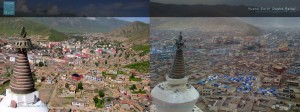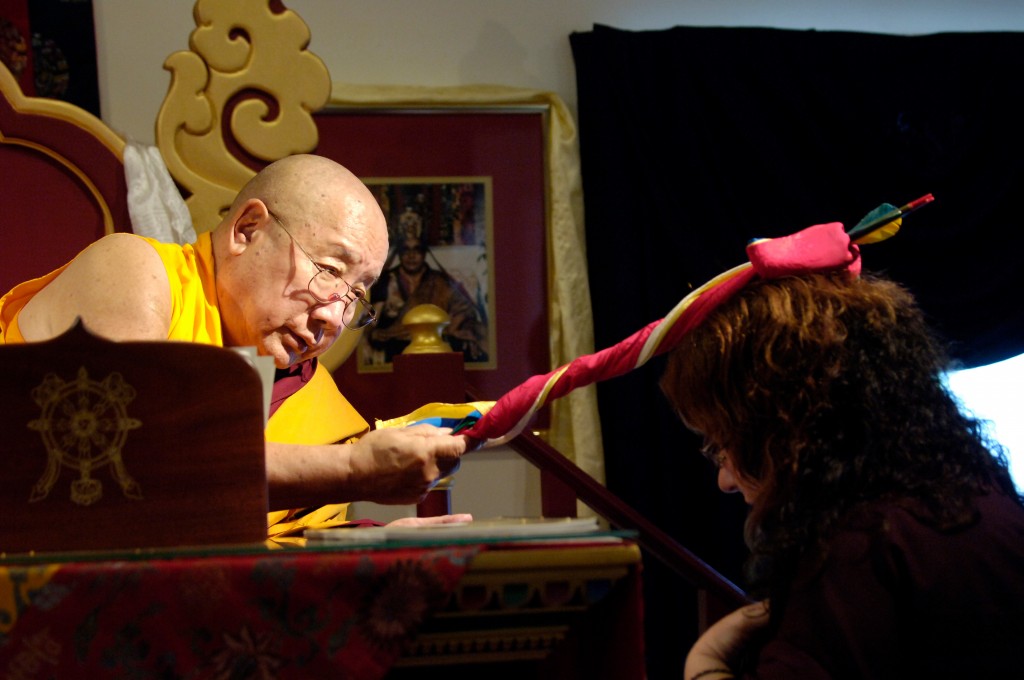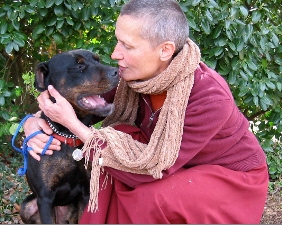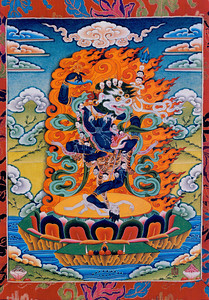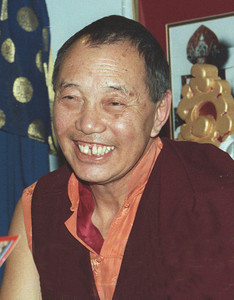For some remarkable pictures of the earthquake damage in Yushu and recovery efforts, go to http://www.boston.com/bigpicture/2010/04/yushu_earthquake_12_days_later.html.
Caution: some very graphic content. Also, be sure to read the comments.
To get some idea of the situation in Yushu County, Tibetans make up 97.25% of the population while Han Chinese only 2.56%. Other nationalities only make up less than 1%. This does not include some 50-60,000 nomads who do not live permanently in Yushu.
From Collective Responsibility:
As news of the Yushu earthquake disappears from the world’s front pages, survivors’ needs increase. Those in Yushu still lack blankets and tents. Temperatures are dropping and there is insufficient fuel for cooking and heating. Yushu has no electricity and is still in darkness. People have only meager food supplies and are drinking water from unsafe sources.
* A jacket costs 2 USD.
* A blanket costs 2.40 USD.
* A toothbrush costs 0.15 USD.
* One ton of coal costs 51 USD.
* 20 * 500ml bottled water 2.20 USD.
* Flashlight: 2.90 USD.
If you can make even a small donation, please visit: www.yushuearthquakeresponse.org
Apart from the needs of those in Yushu, patients and their families in Xining are also suffering.
Below are the number of patients in Qinghai hospitals:
* Qinghai Province People’s Hospital: 186 patients
* Armed Police Number Four Hospital: 83 patients
* Qinghai Province Red Cross Hospital: 69 patients
* Qinghai University Hospital: 172 patients
* Qinghai Province People’s Second Hospital: 127 patients
* Hainan Tibetan Autonomous Prefecture Hospital: 18 patients
This total of 655 people does not include accompanying family members.
Below are accounts written by Xining students describing the situation here and in Yushu.
Tashi:
I received information about the earthquake from my brother who is a teacher in Yushu. At about 5:00 a.m on the fourteenth of April a low magnitude quake woke people up, but many people then went back to sleep. Later that morning the big earthquake came. At that time many students were reciting lessons outside, by the walls of the school buildings. They were crushed when the walls fell on them. Some female students were going to the cafeteria to collect boiling water to make instant noodles, and the cafeteria collapsed and killed them. Despite all these terrible things, many people survived. They did not have any food for three days. After three days, instant noodles arrived and the people, almost starving, happily ate them. Now people are cold; they don’t have enough clothes, or blankets, or anywhere to stay.
Rinchen
I went to the hospital to help earthquake victims. Although I am Tibetan I couldn’t communicate very well with the patients because we speak different dialects. Nonetheless we could understand each other. People are just bringing them bread to eat and water to drink. They need some good food. The clerks at the hospital told me that many people are volunteering, but they still need qualified, professional, helpers.
Drolma
I went to the hospital to volunteer with my classmates – we spent one night there. There were many patients in the hospital. Some of the patients could not move, eat, drink, or go to the toilet by themselves. When people were awake they were nervous and when they were asleep they had nightmares. One man I helped had bruises all over his face and he couldn’t move his legs. The patients in the hospital still don’t have any clean clothes and what they are wearing has already become dirty and caked with blood.
Tsomo
Three of my female classmates are from Yushu. After the terrible earthquake they lost many relatives and friends, not to mention property. Luckily their parents are still alive. Now those three women are working busily in the hospital, day and night. They have been staying up all night to help the patients from their hometown and cannot attend classes as usual. When they come back to school from the hospital they just fall on the bed and sleep. Patients in the hospital have nothing now. I hope many warm-hearted people will stretch out their hands to help them.
Lumo
There is a girl from Yushu in the dorm room next to mine. She lost her mother in the earthquake. Since then she often calls out her mother’s name and cries. Sometimes she stays silent for a long time. We don’t know how to comfort her. Sometimes we want to talk about it with her, but maybe that will only make it worse. That girl is still going to classes, but she just sits there and we don’t know if she really knows what is going on her around her.
Tsering and Tsemdo
We talked to one earthquake survivor who helped us to distribute supplies we took to Yushu from Xining. He told us, “I woke up when the earthquake occurred at around 5 a.m. I knew that an earthquake was occurring and wanted to get up but I felt very sleepy and stayed in bed. My wife also felt very sleepy and stayed in bed. We were never so sleepy in our whole life – it was very strange. When an earthquake occurred again at 7:49 a.m., our house shook and I woke up. The house continued to shake and I grabbed hold of my grandson and wife, jumped up from bed, and ran outside. Our house collapsed just as I stepped out of the door. Something heavy hit my head and I passed out. When I woke up I could barely see because my vision was blurry. As my sight came back I could only see dust. I heard the sound of houses collapsing. After the earthquake, my daughter and son-in-law were trapped in the rubble and died but the rest of the family was OK. Many other people have died.”
